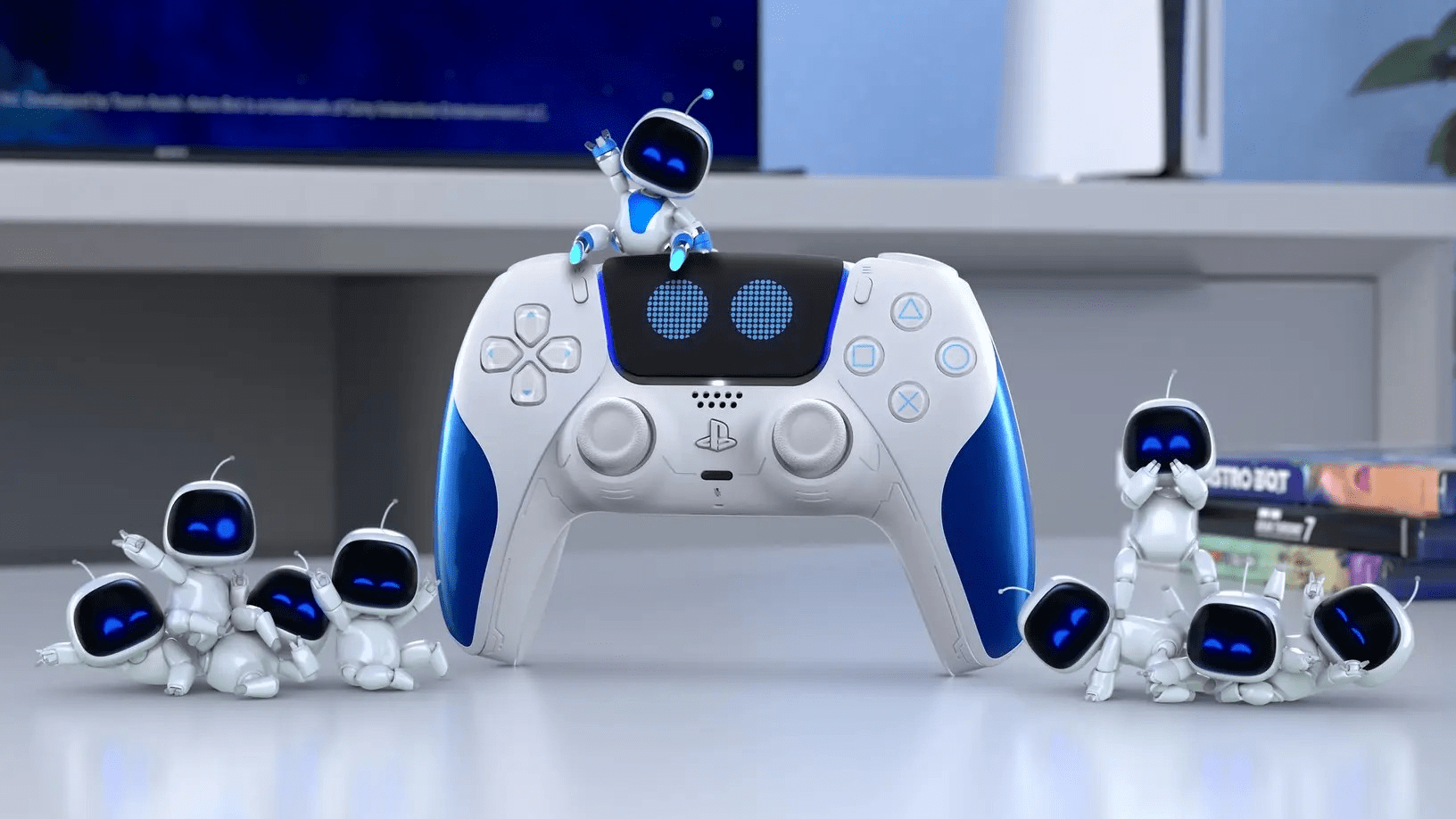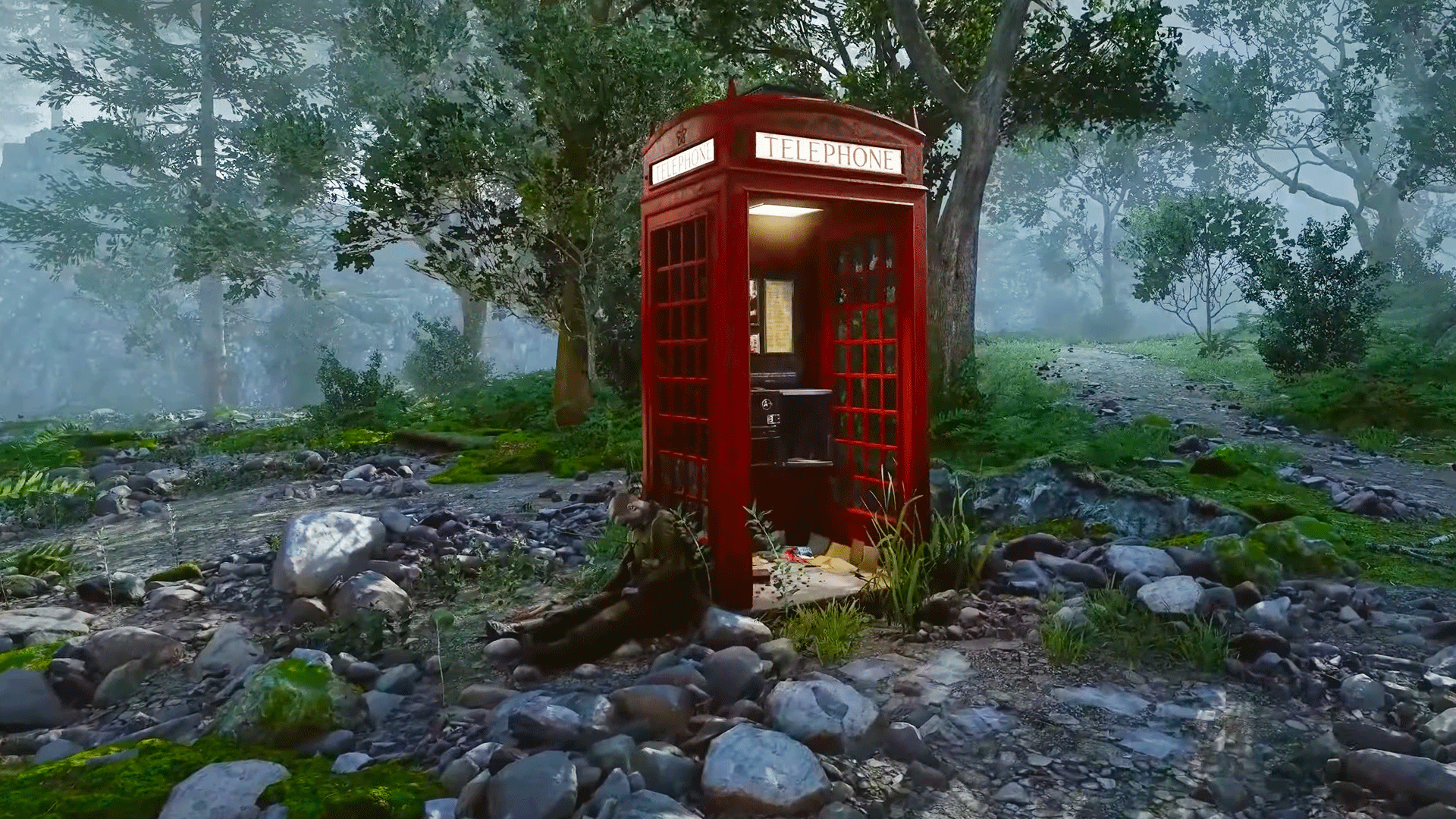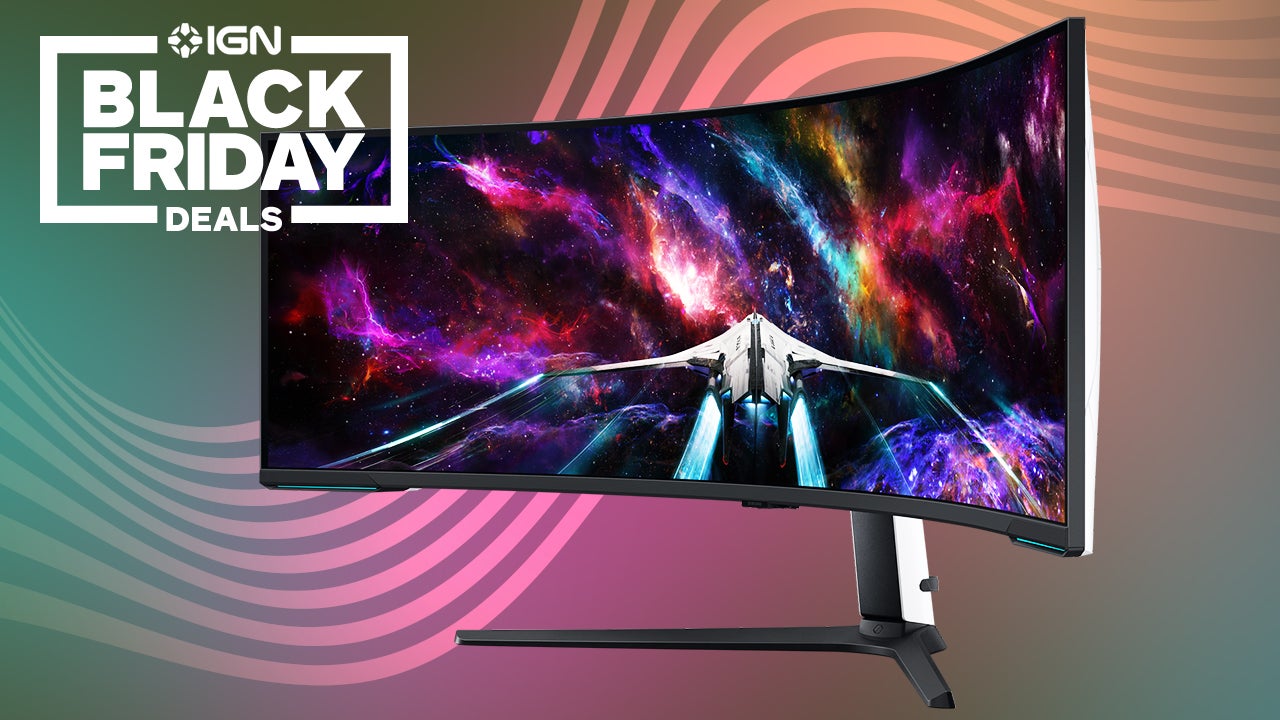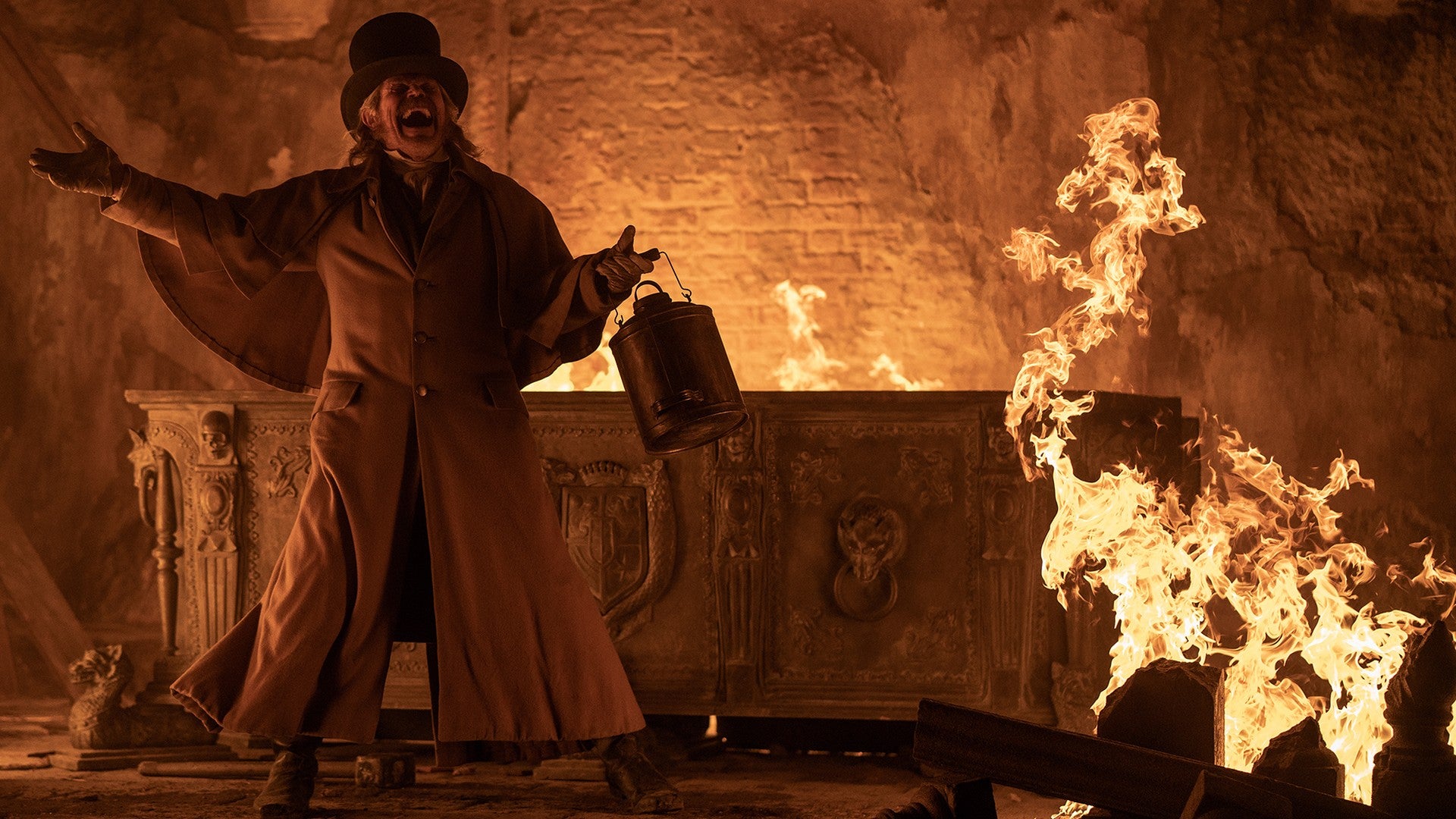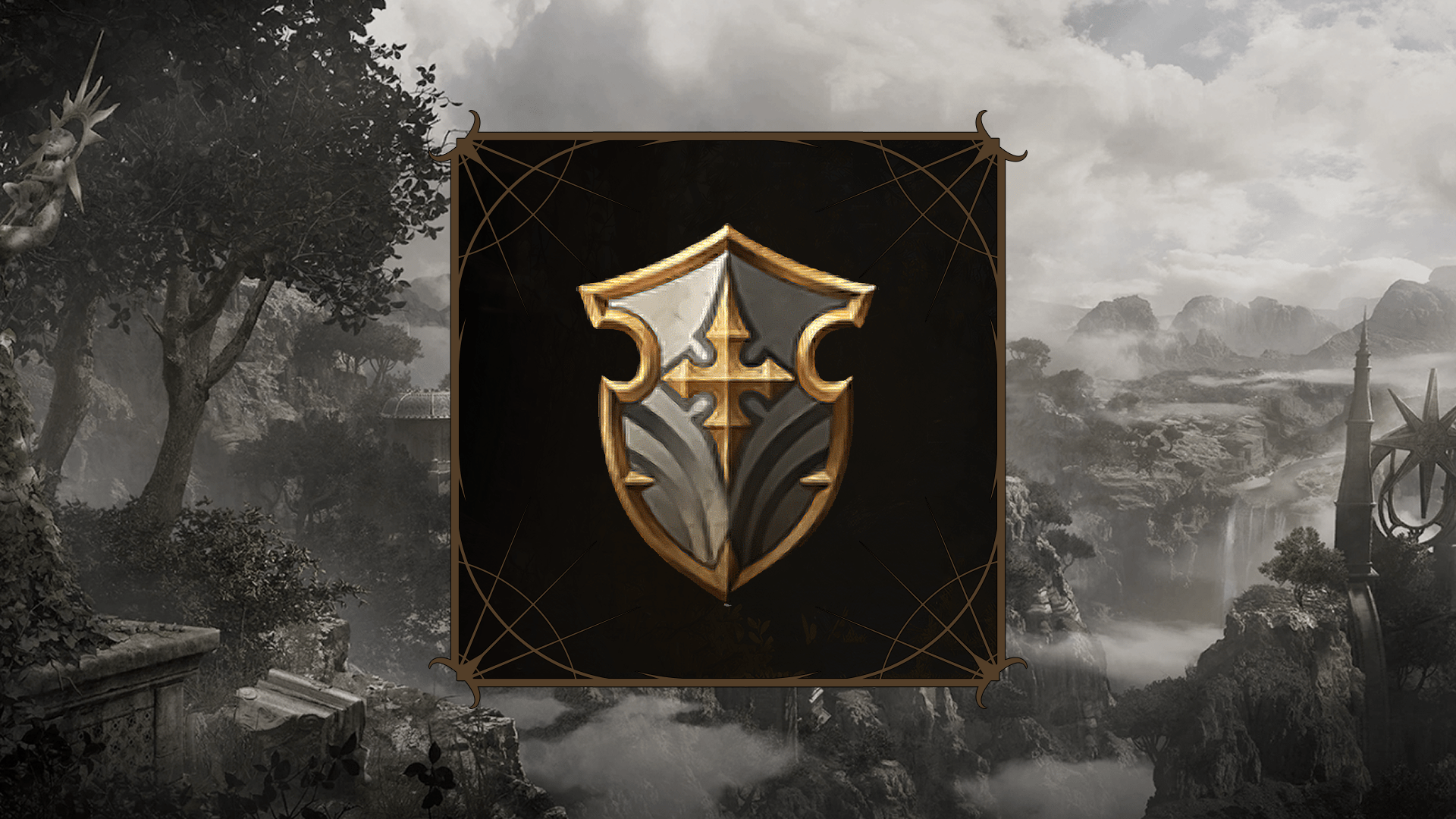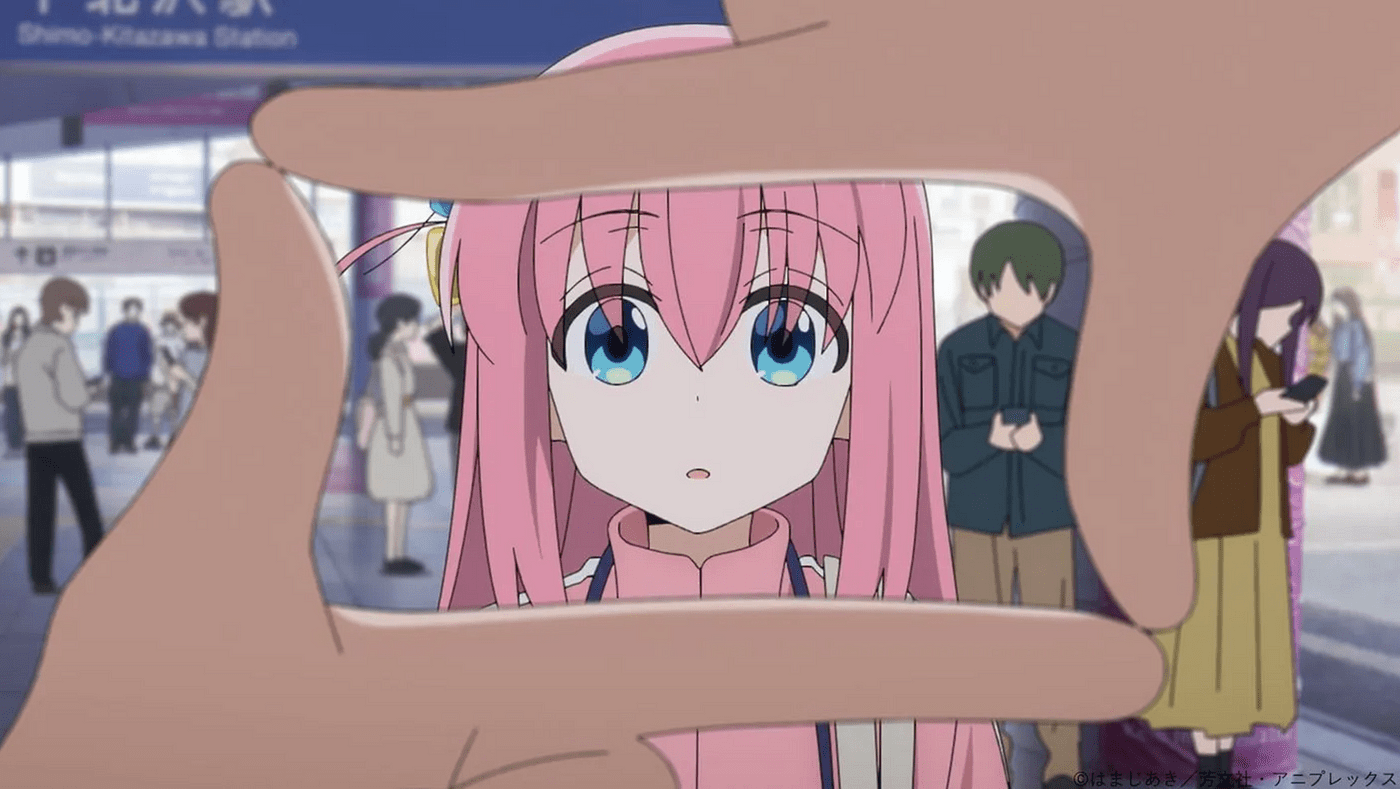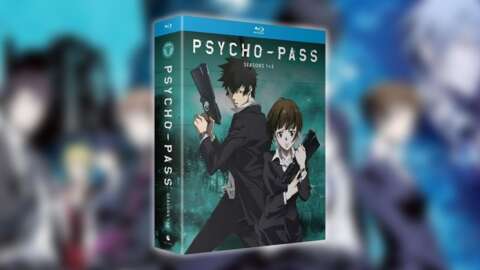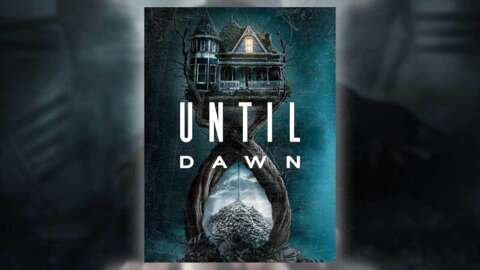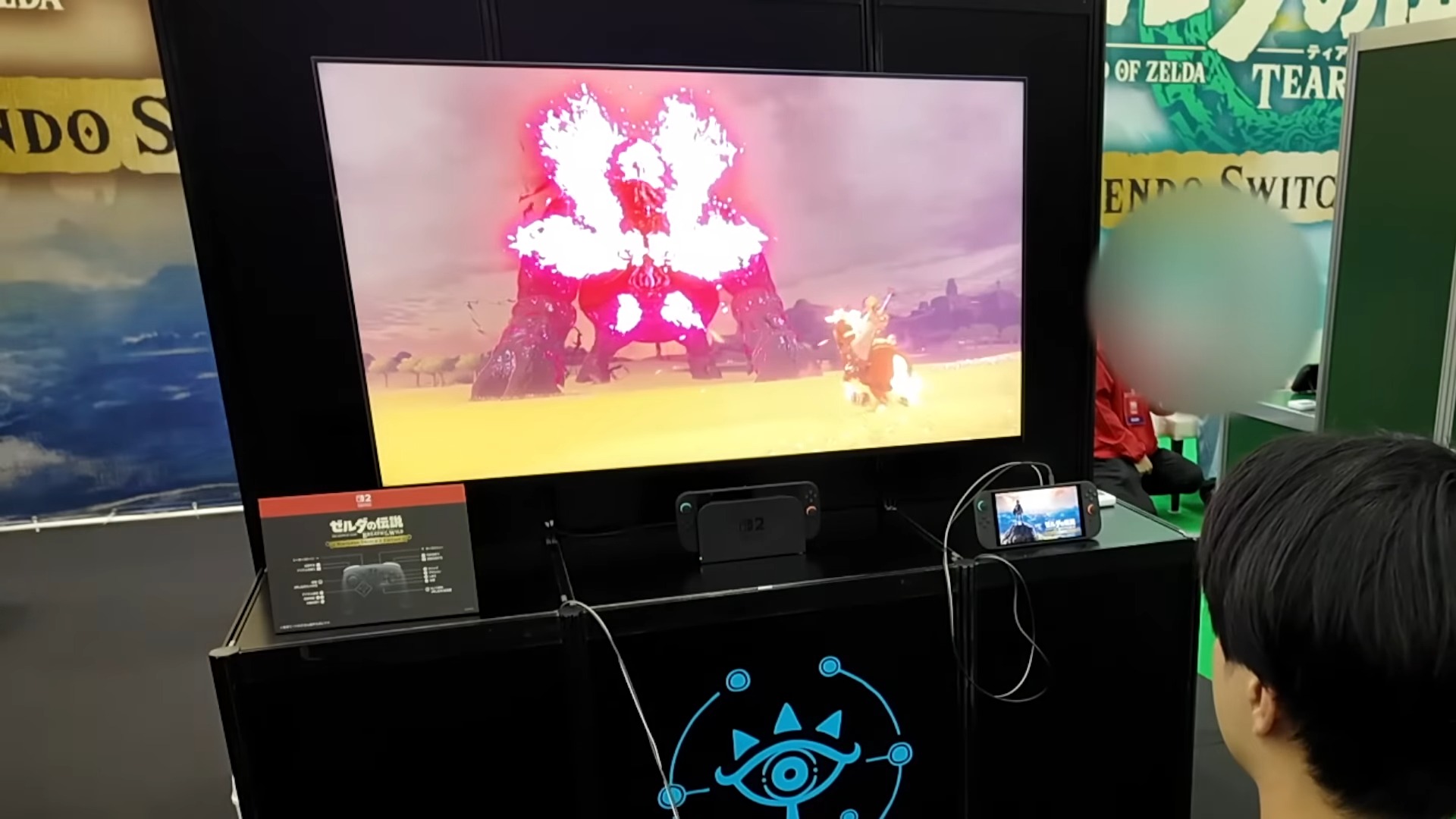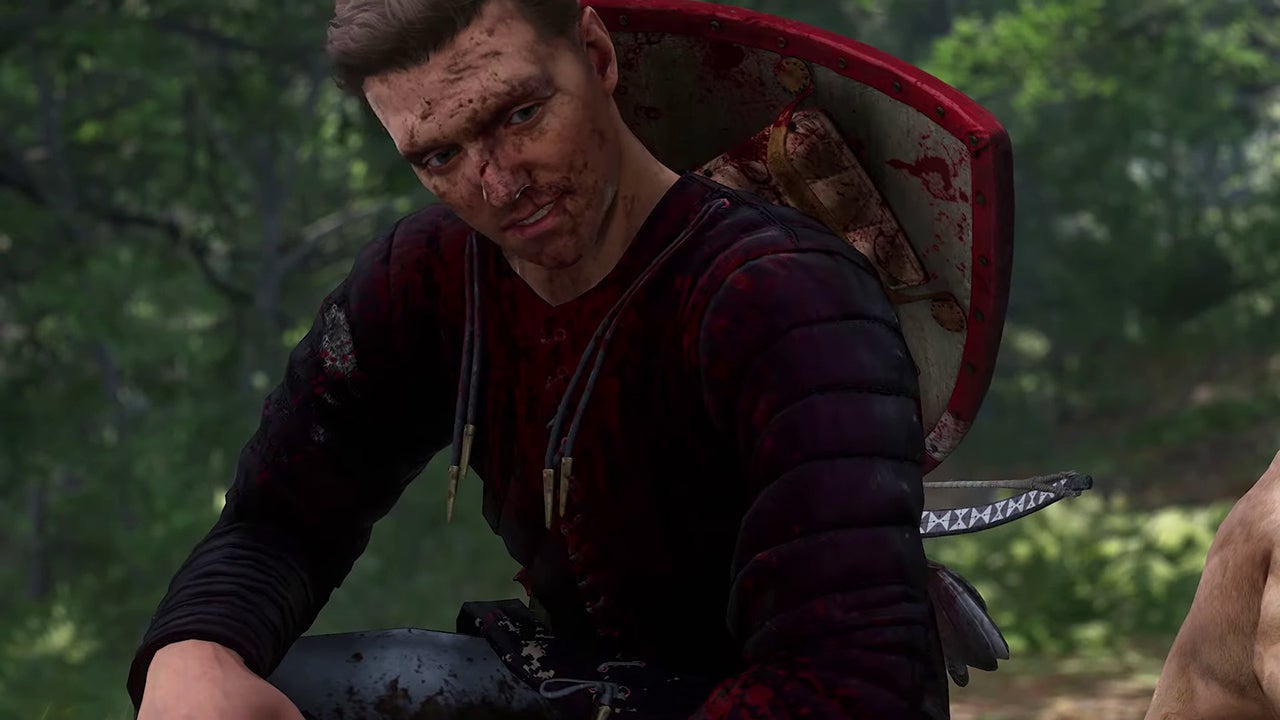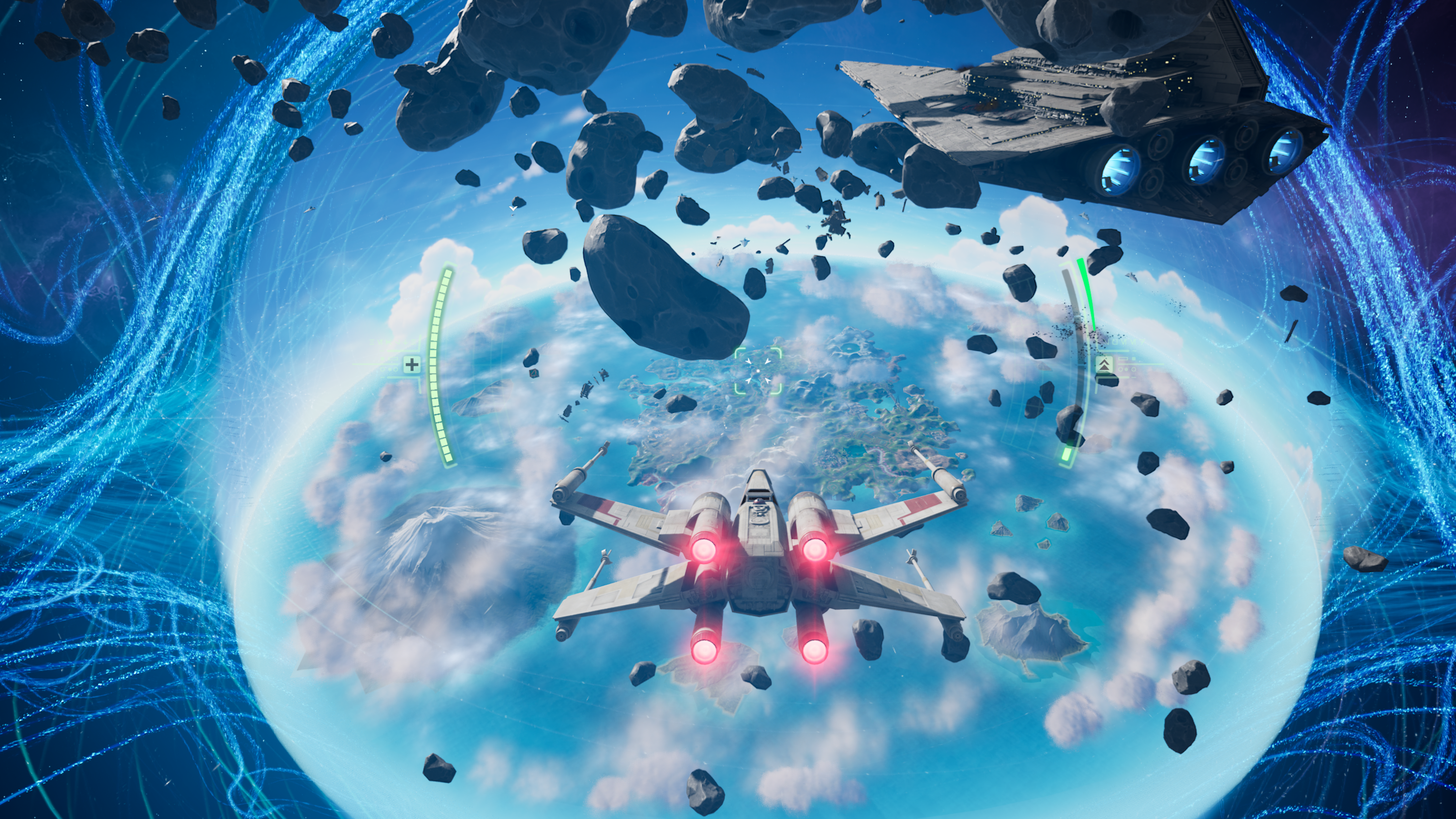
What a difference a year makes. Exactly 12 months ago, Sony’s then-president, now-CEO Hiroki Totoki talked down PlayStation’s slate of first-party games for 2025, noting that it had no “major existing franchise titles” to release, and lowered PS5 sales forecasts. But in an earnings call this Thursday, Totoki found himself bragging about PS5’s best quarter ever — and the awards-circuit success of two games he didn’t deign to mention a year ago, Astro Bot and Helldivers 2.
“At The Game Awards 2024, our first-party title Astro Bot won four categories, including Game of the Year and Best Family Game, the most of any title,” Totoki said. “In addition, the live service game Helldivers 2, released in February last year, won the Best Ongoing Game and Best Multiplayer Game awards.
“The fact that titles in genres we are aiming to expand in the future, including titles for families and live service games, have received these awards is a major stride toward our building a broader title portfolio.”
There’s a lot to note here, not least the CEO of all of Sony — not just Sony Interactive Entertainment — talking about The Game Awards. It shows how far Geoff Keighley’s big night has come as the preeminent awards body for games and a source of prestige that powerful media and tech executives will flourish before their shareholders. (As Keighley himself would say: Thank you for mentioning games.)
Next is Totoki’s indication that Sony intends to make more family games like Astro Bot as part of a drive toward a “broader title portfolio.” It’s no surprise to hear him say Sony also wants to make more live-service games; the company’s ill-fated live-service push has been much trumpeted by executives, and remains a priority despite several high-profile failures and cancellations, because these games can be so lucrative. But the family games genre has long been dominated by Nintendo and underserved by every other major publisher, Sony included.

If Sony has now resolved to compete more determinedly for the attention of families and younger gamers, that’s a good thing. The genre sorely needs an injection of fresh ideas, talent, and quality from players other than Nintendo. It’s an especially good thing if Sony’s going to get involved with titles of the quality of Astro Bot (and, to a lesser extent, Lego Horizon Adventures). As both a parent and a lover of platform games and things that are colorful and fun, I welcome this development.
The odd thing about Totoki’s statement, however, is to hear him establishing a link between awards success and Sony’s intention to push into family games. Games aimed at kids, as unifying and beloved as they are, have rarely attracted this kind of prestige in at least the last two decades. Astro Bot is the exception that proves the rule. Much has changed since the console wars of the 1990s, when family mascot characters like Mario and Sonic were considered commercial linchpins, quality standard-bearers, and cultural ambassadors for the entire industry. They were the hub around which all of gaming revolved. Not anymore.
Of the 11 Game of the Year titles handed out by The Game Awards to date, only two have gone to games that were also nominated in the Best Family Game category — Astro Bot and It Takes Two. Both of these wins were claimed in slightly soft years for new game releases — It Takes Two especially, which triumphed in the post-pandemic lull of 2021. Otherwise, the winners’ club is dominated by blockbuster action-adventures and RPGs aimed at older players. Nintendo’s sole winner, The Legend of Zelda: Breath of the Wild, was not considered a family game by the Game Awards jury. Trying to win Game of the Year with a family game is an only slightly better strategy than trying to win the Oscar for Best Picture with an animated movie. If Sony wants awards success, it would be better off sticking to the “mature” action titles it already specializes in and which have won twice (2018’s God of War and 2020’s The Last of Us Part 2).
Perhaps I’m reading too much into Totoki’s straightforward (and deserved) boast. But if Sony doesn’t want more games like Astro Bot for prestige, then why does it want them? Probably not for pure sales. It’s easy to see the corporation’s hunger for more like the 12-million-selling Helldivers 2, less so the platform game that sold a modest 1.5 million copies in two months.
Maybe Sony just wants to make more family games to honor gaming’s roots, invest in a future generation of gamers, and delight the child in all of us. Now that would be worth bragging about.
Source:https://www.polygon.com/awards/523302/astro-bot-sony-family-games-awards